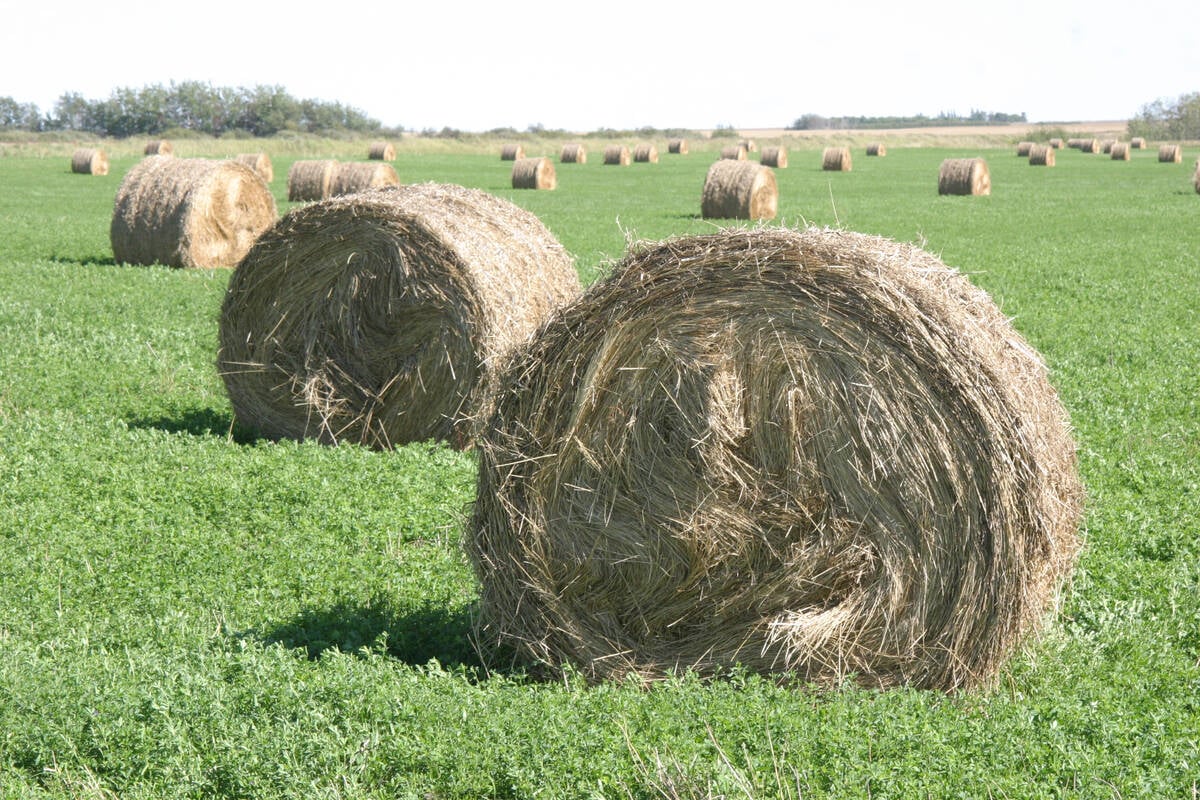Promotions featuring farmers’ stories make consumers feel connected
MISSISSAUGA, Ont. — Canadians increasingly view farmers positively, says a Canadian market researcher, despite activist complaints about food prices, food safety, import inspection, factory farming and animal treatment on farms.
Colin Siren, a vice-president of Ipsos Marketing, told an industry conference last week that public perceptions of the industry have been improving in recent years.
The food system is not a top-of-mind issue for consumers, he said, but 88 percent told pollsters this summer that they had a positive or neutral view of the industry.
That compares to 75 percent in 2006 in the wake of the BSE outbreaks and 81 percent in 2009 after the listeria outbreak.
Read Also

Breaking down successful winter feeding into six steps
It’s that time of year when it is important to start planning for a cow herd’s winter feeding program. Here are six steps I think are necessary to consider when getting your feed tested.
Siren said more than 1,200 Canadians with no connection to agriculture responded in an online poll.
“The overall perception of farmers has improved since 2006,” he told the North American Forum on Sustainable Animal Agriculture, which was co-sponsored by the Farm & Food Foundation in Ontario and the U.S.-based Center for Food Integrity.
Both are industry funded organizations to promote consumer trust in the food system.
However, Siren said the good industry news comes with a message.
“The industry should continue to engage consumers and strive to improve other messages such as faith in the industry, regulators and practices.”
Crystal Mackay, executive director of Farm and Food Care in Guelph, Ont., said the survey results are proof that agriculture is doing much that is right.
“Canadians ranked farmers as warmly and favourably as their own family and friends, just slightly above doctors and other medical professions,” she said in a statement about the survey results.
Siren said in an interview that many of the issues raised by critics, such as hen and hog confinement, genetically modified seeds, farm size and descriptions of “factory farming” and food safety, do not directly touch most consumers.
“Some of the issues that are raised really haven’t affected the lives of average Canadians,” he said.
“Organic is an example. It has a very good image and yet the percentage of consumers always making organic food choices is a very small one.”
Siren speculated that public perceptions of farmers and farming continue to improve partly because of trends that connect them more closely to individual farmers.
“I think it relates to the fact that there is now a strong interest in local food, and that connects consumers with real farmers at markets,” said Siren.
“As well, a lot of food retailers and marketers are featuring farmers in their promotions, making agriculture and where the product comes from a part of their branding, and that makes consumers feel connected.”
He said public attitudes toward the industry are improving even on more difficult issues such as the environmental impact of farming and the treatment of animals on the farm.
Meanwhile, Canadian cattle industry consultant and former Canadian Cattlemen’s Association executive vice-president Charlie Gracey offered his own take on industry critics as the conference wound down.
Participants were asked to write a headline that might be used in a newspaper to describe the message out of the conference.
“Shut up and eat,” he wrote.














